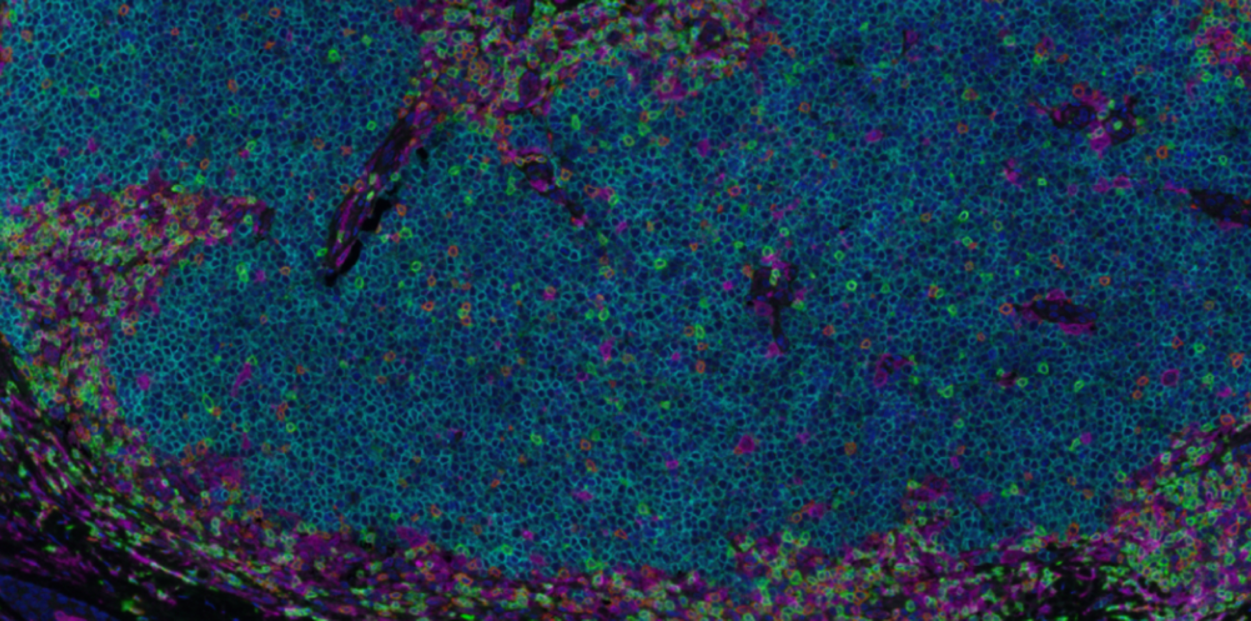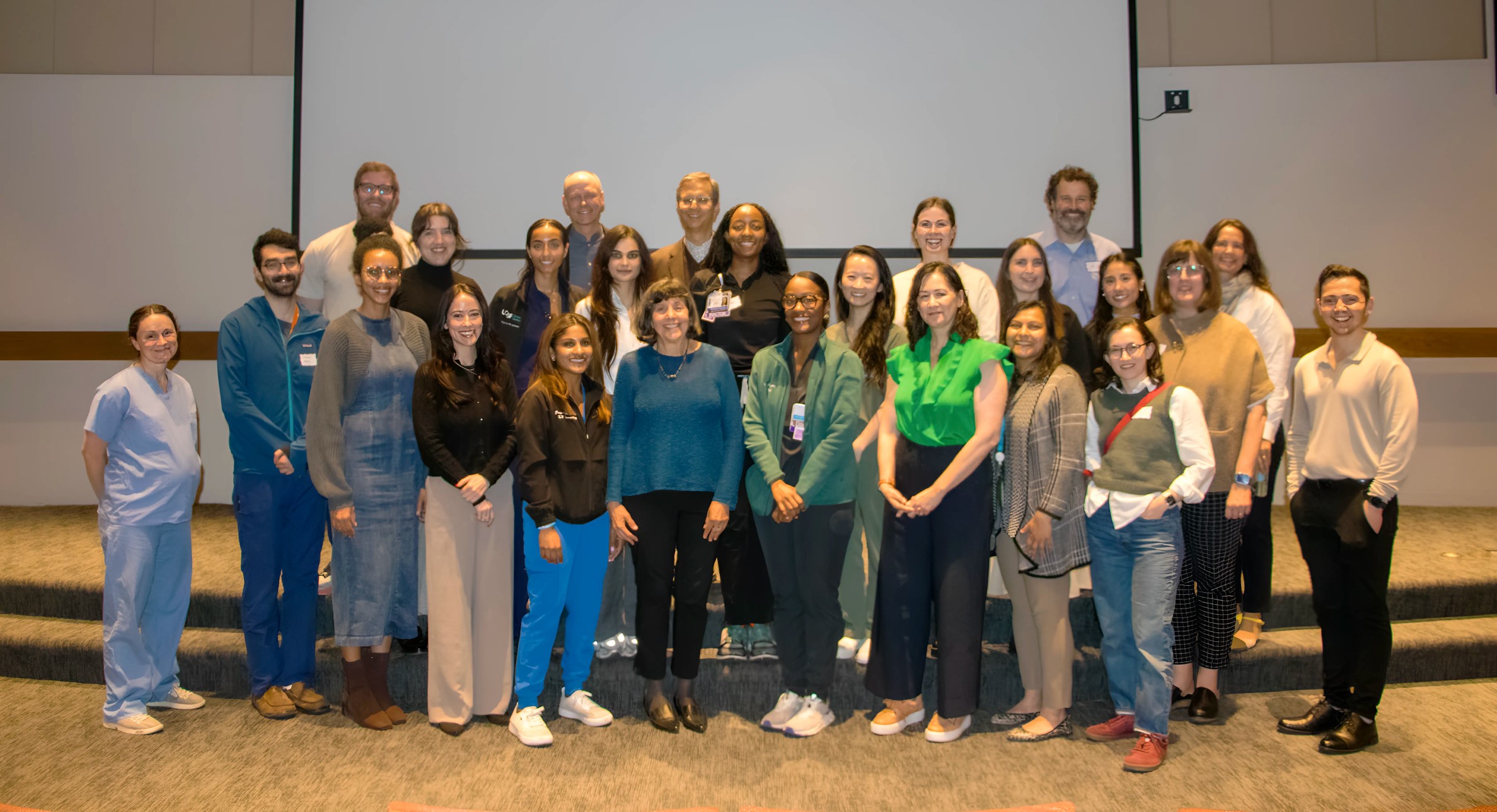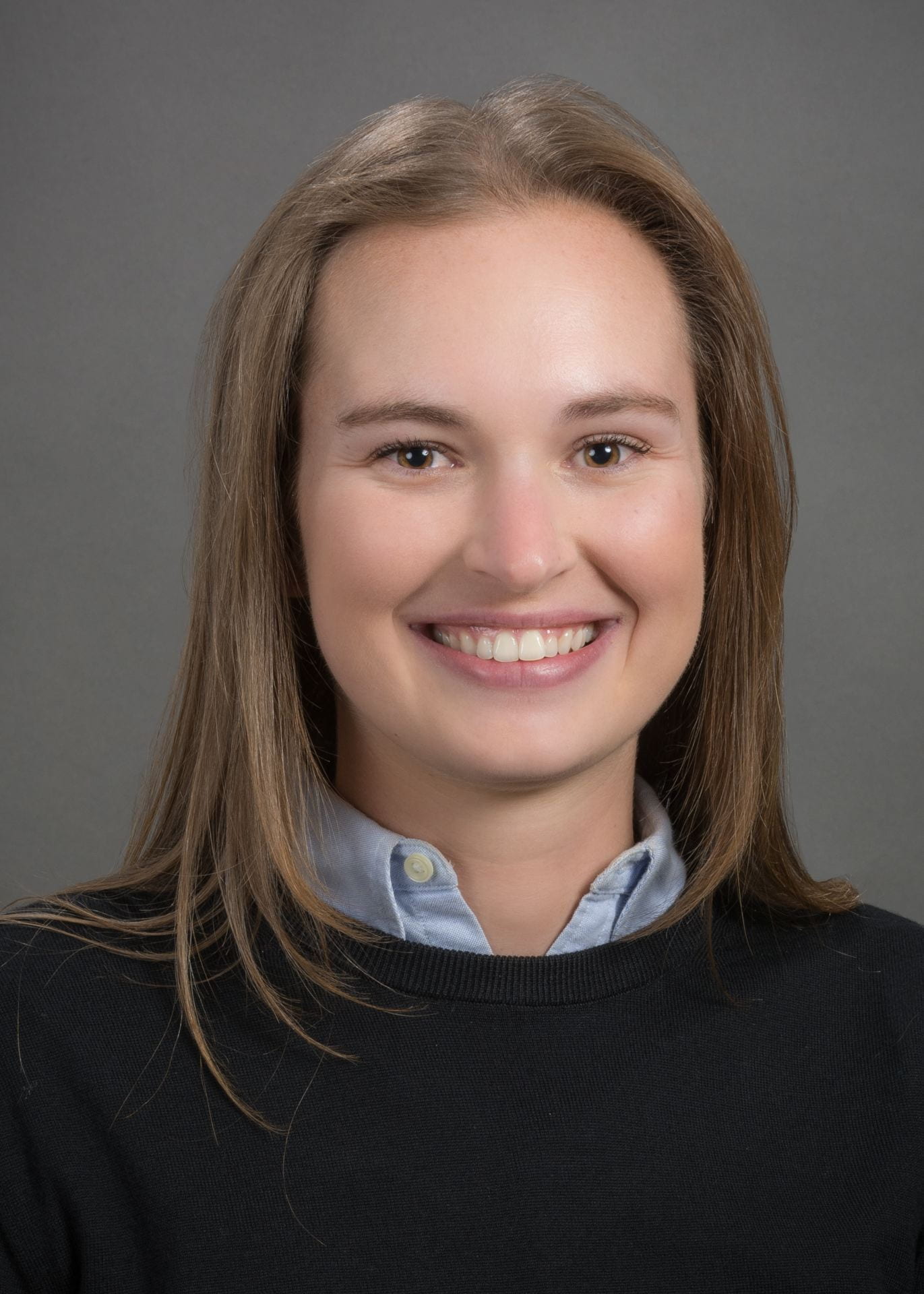2022 Graduating Trainee Spotlight: Emily Duffy, MD

From improving the lives of our patients to research breakthroughs, every resident who has joined the Division of Dermatology has left an indelible mark on our program through their curiosity, persistence and dedication to exceptional dermatologic care. As the Class of 2022 prepare to graduate and enter the next phase of their careers, take a look at where our recent graduates will be post-residency and what really made a difference in their training here at the University of Washington.
 Emily Duffy, MD
Emily Duffy, MD
Co-Chief Resident
Hometown: Houston, Texas
Undergraduate School: Stanford University
Undergraduate Major: Spanish and Portuguese, Psychology
Medical School: Perelman School of Medicine at the University of Pennsylvania
Internship: The Children's Hospital of Philadelphia
Additional Training: Pediatrics Residency, The Children's Hospital of Philadelphia
What are your post-residency plans?
I am starting a pediatric dermatology fellowship at Seattle Children's Hospital. I'm thrilled to be back to working exclusively with children, and am excited to get re-emerged in the current state of pediatrics.
What drew you to the field of pediatric dermatology?
From medical school, I was always trying to decide between pediatrics and dermatology, and it's been a great culmination to be able to practice in an area that combines my interests. I enjoy working with children and addressing their biggest concerns when it comes to their skin, while also trying to help to maintain a healthy self-image in the face of skin conditions. I also like working with parents and families, particularly when there are conflicting concerns or desires within a family unit.
What professional and/or service activities have you enjoyed in residency?
I've enjoyed collaborating with all of the faculty at Seattle Children's Hospital on different projects within different fields in pediatric dermatology.
What is a memorable moment in residency/chief residency and how has it impacted your work?
When a family member developed a difficult-to-treat skin cancer, I sought the advice of many faculty members in our division, and they were overwhelmingly supportive and helpful in providing useful advice. They still ask to check-in to see how this person is doing, which really means a lot to me. Seeing first hand how patients experience the treatment of a complicated skin cancer has spurred me to learn more about advancing treatments for cutaneous oncology and, I think, has also given me a more complete understanding of how these treatments affect the daily lives of patients.
What is one piece of advice you would give to incoming dermatology residents?
Even if you think you know the field of dermatology that interests you most, keep your receptors open to fields you may not know as much about and talk with people in those fields to find out what drew them to that area.









